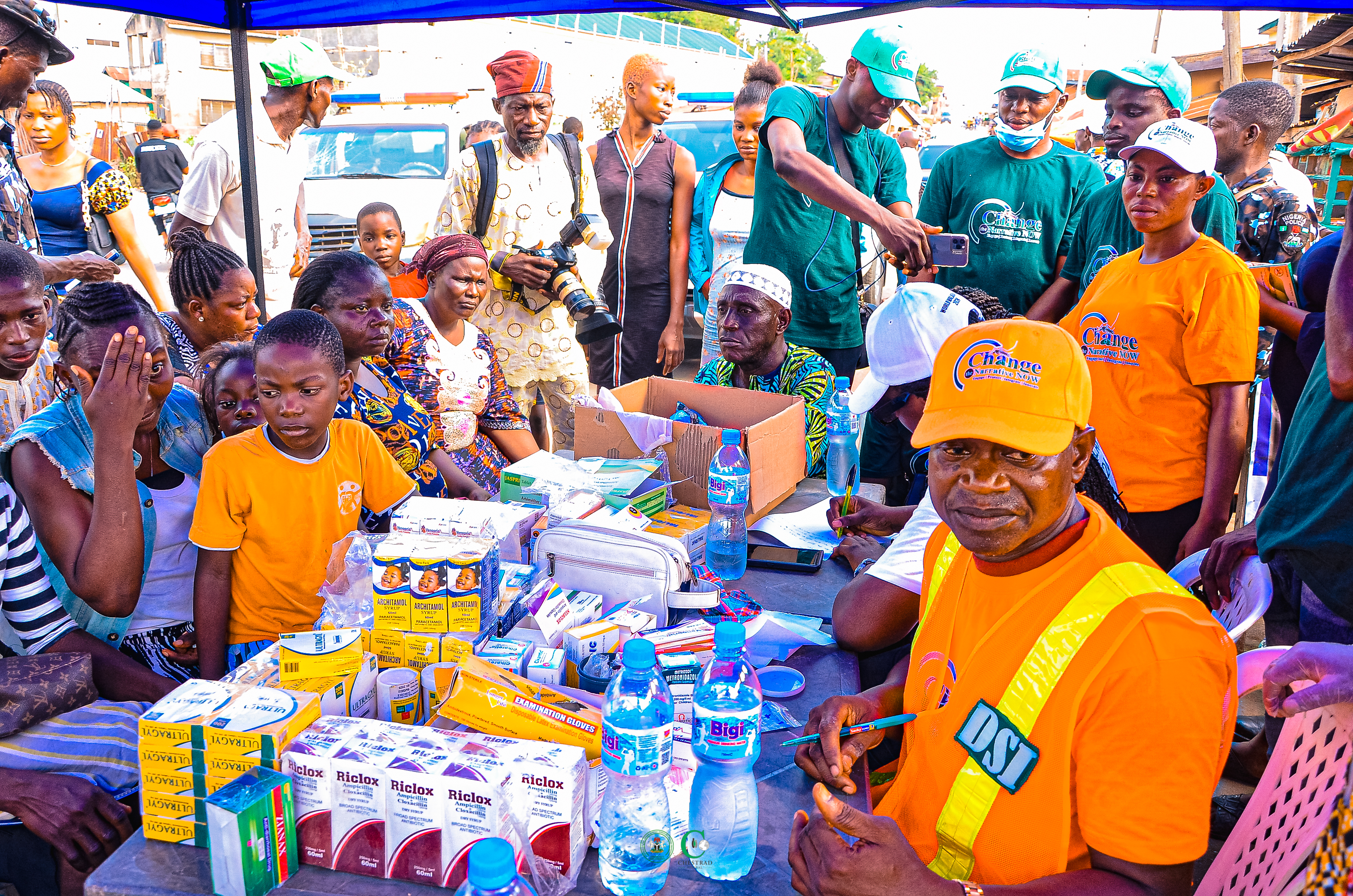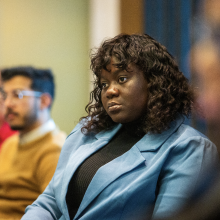
How the Change Narrative campaign has rewritten Nigeria’s story and is on the way to putting malaria back on the global priority list.
By Dr. Lola Dare & Tosin Adeyemi
An issue may be important but still fall out of the global health public discourse. This was the case with malaria. Even though the disease still kills over 600,000 people every year, 94 percent of them in Africa, malaria does not dominate public discourse – drowned by numerous other issues such as diseases deemed more dangerous and natural and human-made crises. Change Narrative Now Campaign targeted Nigeria as one of the countries with an alarming malaria prevalence. It aimed at placing the disease high on the public agenda to avert the situation and save lives. Nigeria is one of the 11 countries in Africa where 70 percent of all malaria cases in the world occur.
The 2023 World Health Organization (WHO) report highlighted the high rates of malaria in Africa and marked the beginning of this campaign. In collaboration with a broad range of actors across sectors, including Senior Special Assistants to the President on Community Engagement, Chestrad Global initiated a campaign that would challenge all stake holders to stop handling a disease so dangerous and debilitating with kid gloves.
For while there are other crises, malaria is an urgent and dangerous crisis too. The revelations in the WHO report sparked a sense of urgency and a recognition of the need to alter the narrative. It was particularly unacceptable that Nigeria, a generally progressive country, was leading in prevalence amongst the high burden countries. By leading from the frontline and engaging directly with citizens and communities, we collaborated to drive meaningful change and ensure policymakers grasp the challenges faced by everyone – from the first mile to the very last mile.
Taking malaria elimination to the last mile
The campaign focused on showing the proactive ways in which Nigeria confronted the dire statistics and enabled the country to go from being perceived as trailing in the fight against malaria to trail blazing in embracing new and combined sets of tools to combat the disease. Nigeria’s road map to beating malaria was further laid out during the high-level dialogue between the Nigeria Ministry of Health, National Malaria Elimination Programme and representatives from the RBM Partnership to End Malaria. Here, there was renewed focus on utilising national, citizens-led community structures to eliminate malaria.

As we deepened our citizens engagement, we spoke with thousands to understand why they struggle with overcoming malaria and what challenges they face at the community level. The people highlighted issues such as limited access to amenities like clean water and the need for government assistance in clearing drainages.
Despite the desire to use treated bed nets, concerns about the dirty environment persist. The community recognises that with an environment where mosquitoes continue to thrive, nets can only go so far. This underlies the power of including communities in applying a suite of tools to combat the disease and in discourse on what their needs and aspirations are.
Nigeria has shown that malaria is best addressed when looked at as not just a disease but a disruptor of the health systems whose impact flows into other realms such as education, the environment and the entire economy. It is because of the far-reaching impact of malaria that the campaign is working towards cross cutting outcomes such as social justice and equity, cross sector systems productivity, human capital development, citizen’s resilience and prosperity as well as economic growth.
Change the Narrative Now is therefore mobilizing citizens and communities to actively participate in, and own malaria elimination tools, including demanding accountability for insecticide treated mosquito nets, environmental management towards vector control, increased investment in local production of malaria commodities and blended financing.
Citizen’s voices will further influence national and regional policy and practice on malaria elimination. They will inform, for example, the Nigeria’s nine-point agenda as the country amplifies its approach to malaria elimination and the gains so far. These citizen’s voices and action will reach major decision making and policy influencing centres such as the World Health Assembly and UN General Assembly, further placing malaria elimination in high burden countries on the list of global priorities.
Malaria affects every realm of life
When viewed as a cross-sectoral issue, campaigns on malaria elimination will have a reverberating effect to counter malaria’s dangerous tentacles. If, as the malaria community, we are to keep malaria high on the public agenda, we must recognise the interconnectedness of malaria with other sectors. The intersectoral narrative in Nigeria has already altered perceptions towards malaria elimination and helped bolster the sense of urgency – an important element in eliminating the disease and meeting development goals.
With urgency created and malaria understood as a threat to nearly every aspect of life, messages are better embraced. As people realise that investing in malaria elimination yields far-reaching benefits beyond healthcare – from addressing climate change to boosting productivity and economic development – commitment to uniting to end malaria and change lives becomes inevitable.
Yes, important issues can fall off the global health priority ladder. But creative citizens-centred campaigns have the power to bring them back to the public agendas and mobilise investments into multi-sectoral interventions resolves both the immediate problem while having spill over benefits the entire health and development ecosystem.
Dr Lola Dare is the President, Chestrad Global

Latest Blogs
